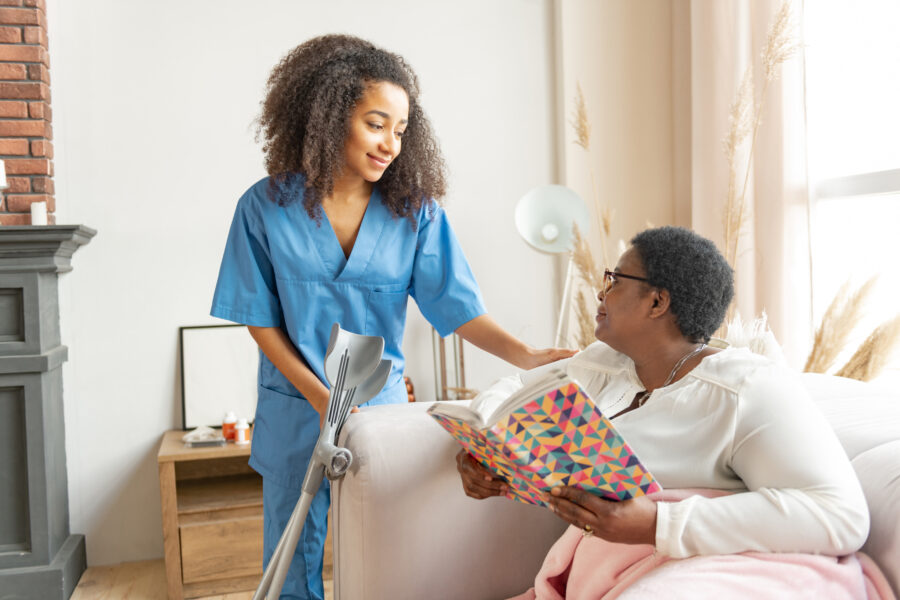We know that most of our nurses have worked a twelve-hour night shift at least a few times in their career, or maybe it’s been every shift they’ve ever worked. Sometimes this can run down immune systems. We have come across ten tips for better napping to help you rejuvenate yourself and make the most out of your limited naptime!
Ten Napping Tips
1) If you’re comfortable, it can be done. For some, you can sleep in a parked car, under your desk, or a chair. For others, you might need the typical quiet, dark place. There are even those who sleep well in a subway or airplane seat. One tip: If you’re trying to stick to a short nap it may help to be partially upright. Studies have found that if you lie supine you’re more apt to fall into a deeper sleep.
2) If you dream during napping… …it’s a sign that you’re sleep deprived because you’re quickly slipping into rapid eye movement sleep, which is supposed to be the final stage of the roughly 90-minute sleep cycle.
3) Go with your instincts. Some people just aren’t good nappers. You just might have to skip the midday option and make sure you’re getting enough shut-eye at your regularly scheduled bedtime.
4) Preempt a night shift. Anyone who works hours other than the traditional 9-to-5 can reap benefits from napping, too. A study of night-workers found that while an evening nap plus caffeine was the best way to stay awake, a nap alone also improved alertness — especially helpful for those who don’t like to rely on caffeine to stay awake.
Napping No Nos
5) Don’t nap too long! As little as 10 to 20 minutes will leave you refreshed, energetic and mentally sharper. On the weekends when alertness is less important, longer naps are ok, but try to avoid ones that last more than an hour so they don’t interfere with nighttime sleep or leave you feeling more groggy than before the nap.
6) Avoid napping close to your bed time. Researchers aren’t sure what exactly the ideal time of day to nap is, but they say the afternoon – roughly 1 to 4 p.m. – is when our body’s circadian rhythms make us most likely to feel sleepy.
7) Don’t use napping as a substitute for getting full night’s sleep. Yup!
8) Napping is a no-no if you suffer from a sleep disorder. If you have insomnia or sleep apnea, napping mayb only make the disorders worse.
Other Napping Tips To Consider
9) Order a “nappuccino.” A “caffeine nap”, or a quick cup of something caffeinated followed by a nap, outperforms either a nap or caffeine independently. Because caffeine takes about 20 minutes to kick in, drinking a cup before a 10- to 20-minute nap means the caffeine will start working just as you wake up, leaving you feeling refreshed and alert.
10) Get a wake-up call. “Setting an alarm is really helpful for napping,” says Janet Kennedy, Ph.D., clinical psychologist and founder of NYC Sleep Doctor. “It can be hard to fall asleep if you are worried about whether you will wake up at the right time. Setting an alarm takes the pressure off.”
Cited: http://www.huffingtonpost.com/2014/08/11/best-nap-napping-tips_n_5648651.html http://blogs.wsj.com/health/2013/09/06/six-tips-for-better-napping/
Host Healthcare Travel Nurse and Travel Therapy
Host Healthcare offers many travel nurse and travel therapy benefits. Benefits include: competitive pay, deluxe housing, tax-free tuition reimbursement, and a mentorship program for new grad travel therapists. Browse through our extensive list of travel nurse and travel therapy jobs or call one of our friendly recruiters at (800) 585-1299. We are here to help you to get started.










